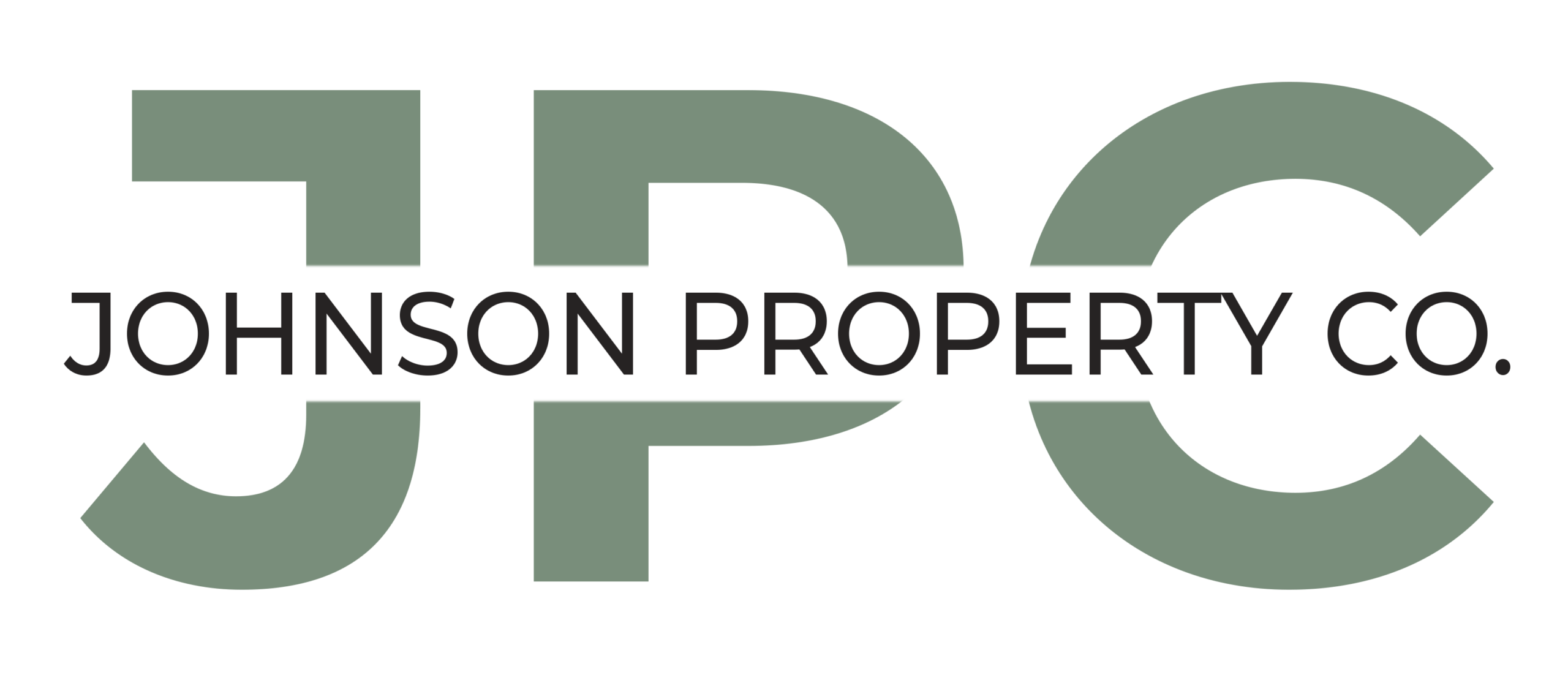As the real estate landscape continues to evolve, it’s crucial for property investors to stay informed about the factors that affect home affordability. Understanding these elements can help you develop a robust property investment strategy that maximises your chances of success. In this article, we will explore key considerations that impact home affordability in 2023 and discuss how you can formulate a smart property investment strategy in the Australian market.
Market Conditions and Demand-Supply Dynamics: The state of the housing market and the balance between supply and demand significantly influence home affordability. Factors such as population growth, housing construction rates, and market trends play a pivotal role. In regions with high demand and limited supply, prices tend to rise, making affordability a challenge. Staying updated with market reports, analysing housing trends, and studying regional growth projections can help you identify areas with favourable investment potential.
Interest Rates and Financing Options: Interest rates have a direct impact on the affordability of home loans. Low-interest rates can make borrowing more affordable, allowing investors to secure favourable financing options. Conversely, higher interest rates can increase the cost of borrowing and impact affordability. As an investor, it’s essential to monitor interest rate movements and seek expert advice from mortgage brokers to identify optimal financing solutions for your property investment strategy.
Government Policies and Incentives: Government policies and incentives can significantly influence home affordability. Programs such as first home buyer grants, stamp duty concessions, and tax benefits for investors can make a substantial difference in the overall cost of homeownership. Staying abreast of any changes to government policies and understanding the eligibility criteria for various incentives can help you leverage these opportunities and enhance the affordability of your investment.
Location and Property Type: The location and type of property you choose can have a significant impact on affordability. Highly sought-after areas and property types with limited supply often come with a higher price tag. However, emerging suburbs or regions undergoing revitalisation may offer more affordable options with potential for growth. Conducting thorough research, considering factors such as proximity to amenities, transport links, and future development plans, can help you identify areas where affordability aligns with investment potential.
Rental Yield and Cash Flow Analysis: The rental yield and cash flow potential of a property are crucial aspects to consider when formulating your property investment strategy. A higher rental yield can contribute to positive cash flow, improving the affordability of your investment. Analysing rental market trends, vacancy rates, and potential rental income against your investment costs can provide insights into the financial viability of a property. This analysis helps ensure that your investment remains sustainable and aligns with your long-term financial goals.
Developing a Property Investment Strategy:
To develop a successful property investment strategy in the Australian market, consider the following steps:
- Define Your Investment Goals: Clarify your investment objectives, whether they are capital growth, rental income, or a combination of both. This clarity will guide your decision-making process.
2. Conduct Thorough Research: Research different locations, property types, and market trends to identify areas with potential for growth and affordability.
3. Seek Expert Advice: Consult with property investment professionals, including buyers advocates, real estate agents, and financial advisors, to gain insights and guidance tailored to your investment goals.
4. Perform Due Diligence: Conduct comprehensive due diligence on potential properties, including thorough inspections, financial analysis, and legal considerations.
5. Evaluate Risk and Returns: Assess the risks and potential returns associated with each investment opportunity. Consider factors such as vacancy rates, potential rental growth, and market conditions.
6. Review and Monitor: Regularly review and monitor your investment portfolio to ensure it remains aligned with your goals and adjust your strategy as necessary.
Ready to develop a successful property investment strategy?
Contact our team of experts today to receive personalised advice and guidance tailored to your investment goals.
By considering the factors that affect home affordability in 2023 and formulating a well-informed property investment strategy, you can position yourself for success in the dynamic Australian real estate market. Stay informed, seek expert advice, and conduct thorough research to make sound investment decisions that align with your financial goals.





